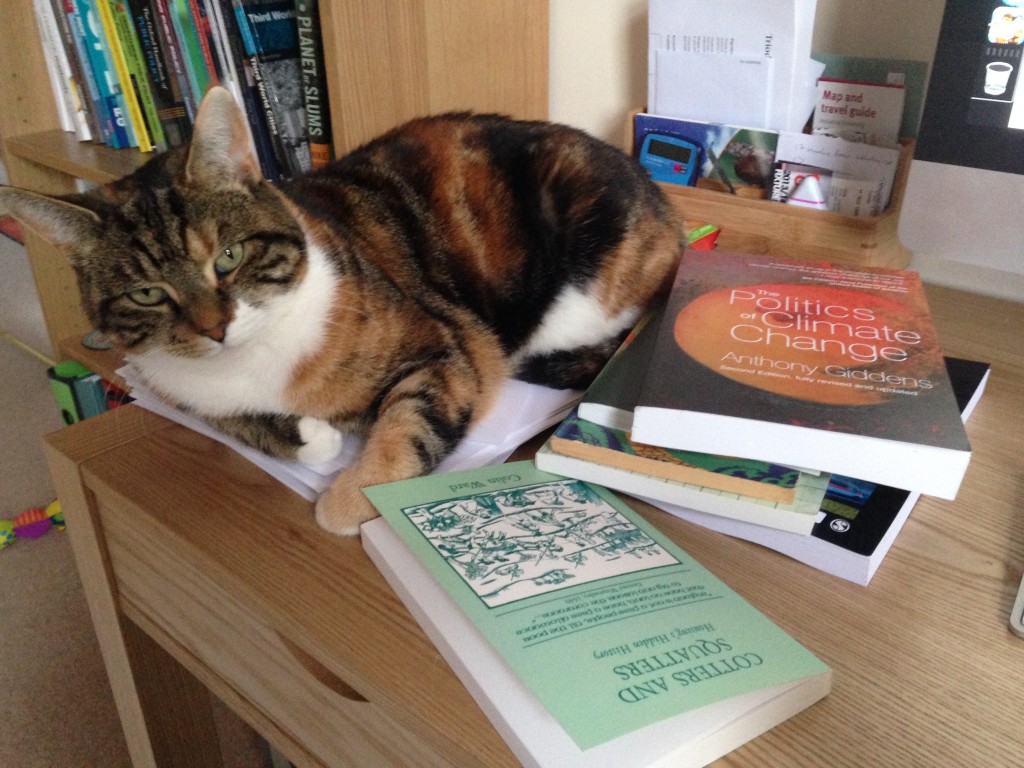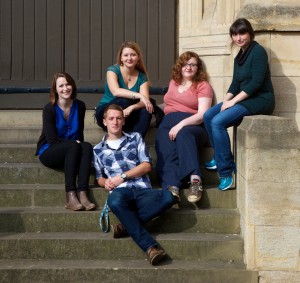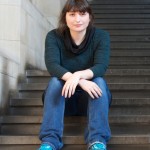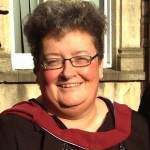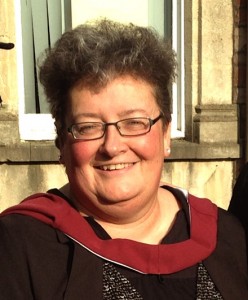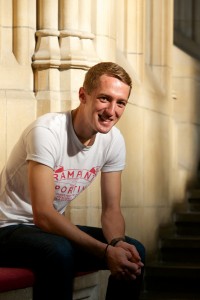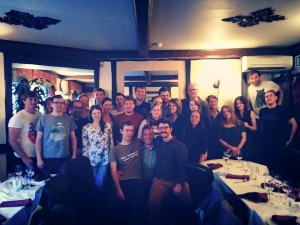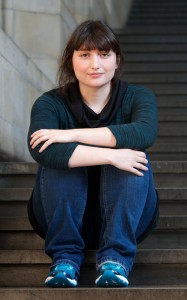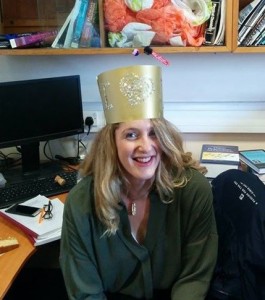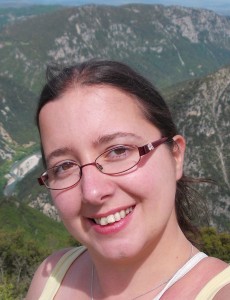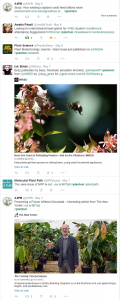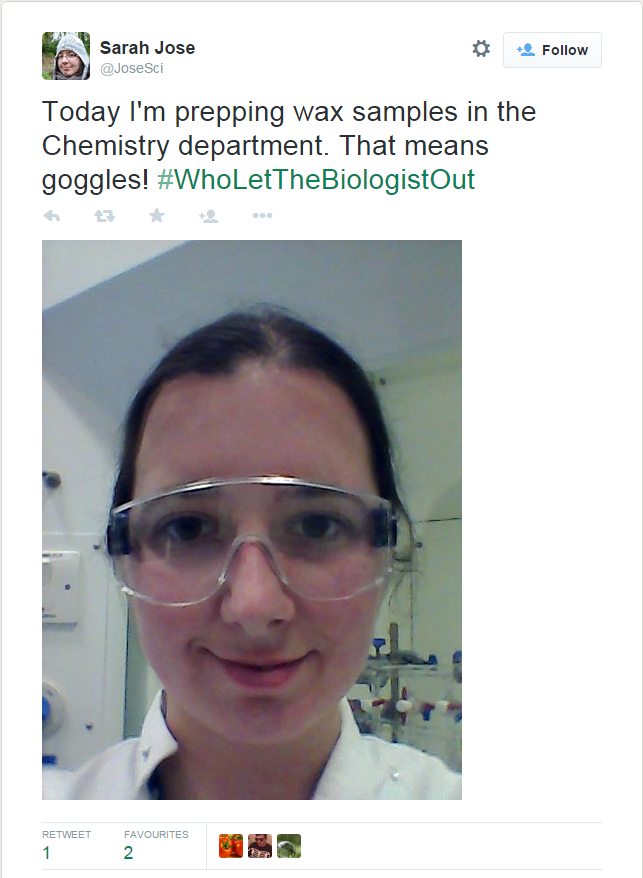Suzannah Young is a postgraduate researcher in the School of Modern Languages. Her research aims to find out where help with language is needed in homelessness services in Bristol and Cardiff, and what support is already available to people who need it. She wrote a post for us discussing her research, its value and impact, and what her PhD process has entailed so far.
Before starting at Bristol in September 2015, I worked for FEANTSA, the federation of homelessness services in Europe, for six years. I am also a translator and have an interest in migration. My research project aims to find out where help with language is needed in Bristol and Cardiff homelessness services and what support is available to people who need help.
When people move to a new country, they can become vulnerable to poverty, isolation and discrimination. If people who move country do not have access to employment or government help, or cannot find a place to live because landlords discriminate against them, they might end up homeless.
Homeless people need to use services that give advice, defend their rights and provide material support like food, clothes and showers. It can be difficult for people with low levels of English to use these services. The services might not feel able to talk to these people either. An interpreter (someone who translates a spoken message from one language into another) can help them interact with each other.
When I was working at FEANTSA, I often came across research or reports on practice that said that language difference was a problem for homeless service providers. It was a problem because they couldn’t communicate effectively with homeless people who spoke another language. There wasn’t any discussion of what was done to solve this problem, though. As I am passionate about languages and believe that everyone should have the right to a decent home, I wanted to set about finding out what was being done to help homeless people who speak other languages.
My research therefore looks at what is being done on the ground, in a context of squeezed budgets: whether people using homelessness services have access to interpreters or other types of language support, like staff who speak other languages, internet translation tools or peers (other service users) who act as interpreters. The study compares the situations in Bristol and Cardiff. It may discover good ways of working that services can copy from each other.
I would like to interview homelessness service users, homelessness service providers and language professionals to ask them about their experiences in this area – of accessing language support or of providing it. The plan is also to ask service users to produce (anonymous if wished) video diaries in which they can say in their own language what they would have liked to have said if they had had access to an interpreter when using a service. This would reflect their direct voice. Asking participants to use visual representations also diffuses the tension of language – if they wish, they can ‘speak without words’.
This project is multilingual because I will be interviewing people who speak a variety of languages. This will mean that preparation and data collection will involve various time-consuming and expensive language-related tasks. I will translate materials myself or through translators. I will employ interpreters to mediate interviews. I will use external transcribers to transcribe interview data and video diary entries in languages I do not understand. I will use translators to check the accuracy of the interpreting for languages I do not understand and I will employ subtitlers to translate the video diaries for the languages I do not understand.
The results should reflect the multilingualism of the project itself. I would like to provide a series of narratives for service users to take away, which can act as a guide to using language support services. I will need to make this available in other languages (which would require money, time and proofreading). The video diaries should be subtitled, and I hope the subtitles will be available in all the languages involved, not just in English.
The results of the study could be made available in a usable format to services for homeless people. They could be made into a briefing document that gives examples of how to work with an interpreter or translator or how to deal with a communication problem. Another briefing document for language professionals working for homelessness services can give specific guidelines about language requirements in homelessness services.


